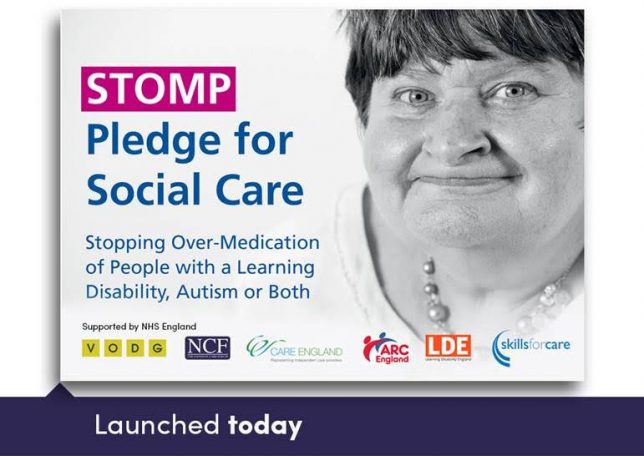I am involved in setting up the LeDeR programme in the South region and am pleased to say we have Local Area Contacts now identified in most CCGs across the South East. Over the coming months we (working with colleagues from the University of Bristol) aim to establish training for the CCG Local Area Contacts and also for LeDeR reviewers.
Please find attached some details of the LeDeR Reviewer role – it is aimed at professionals working in Health and Social Care (NHS Grade 6 or equivalent) which I would be grateful if you could share across your network. Anyone interested in attending should contact Paul Cavil paul.cavill@nhs.net to make a provisional booking and to receive confirmation of training in due course.
The proposed dates for Reviewer training are:
Kent & Medway – venues tbc
Tues 11th July – Reviewer 10am-5pm
(Wed 12th July – Local Area Contact training 10am-3pm)
Surrey – venues tbc
Tues 25th July – Reviewer10am-5pm
(Wed 26th July – Local Area Contact 10am-3pm)
Sussex
Tues 8th August – Reviewer 10am-5pm Hove Town Hall
(Wed 9th August- Local Area Contact 10am-3pm Hove Town Hall)
There are other training dates across the South region and London that may also be made available, but these dates are those we will endeavour to run the training locally – once we have found appropriate venues (if you are able to help here, it would be appreciated as you know the geography/travel infrastructure).
Further information about the LeDeR programme is available on the website www.bris.ac.uk/sps/leder/
Please contact me if you have any questions about the Reviewer role or the LeDeR programme. I shall be happy to discuss it with you.
Robert Tunmore, Regional Co-ordinator – South
The Learning Disabilities Mortality Review (LeDeR) programme
NHS England, M: 07714777127, T: 011382 47422

